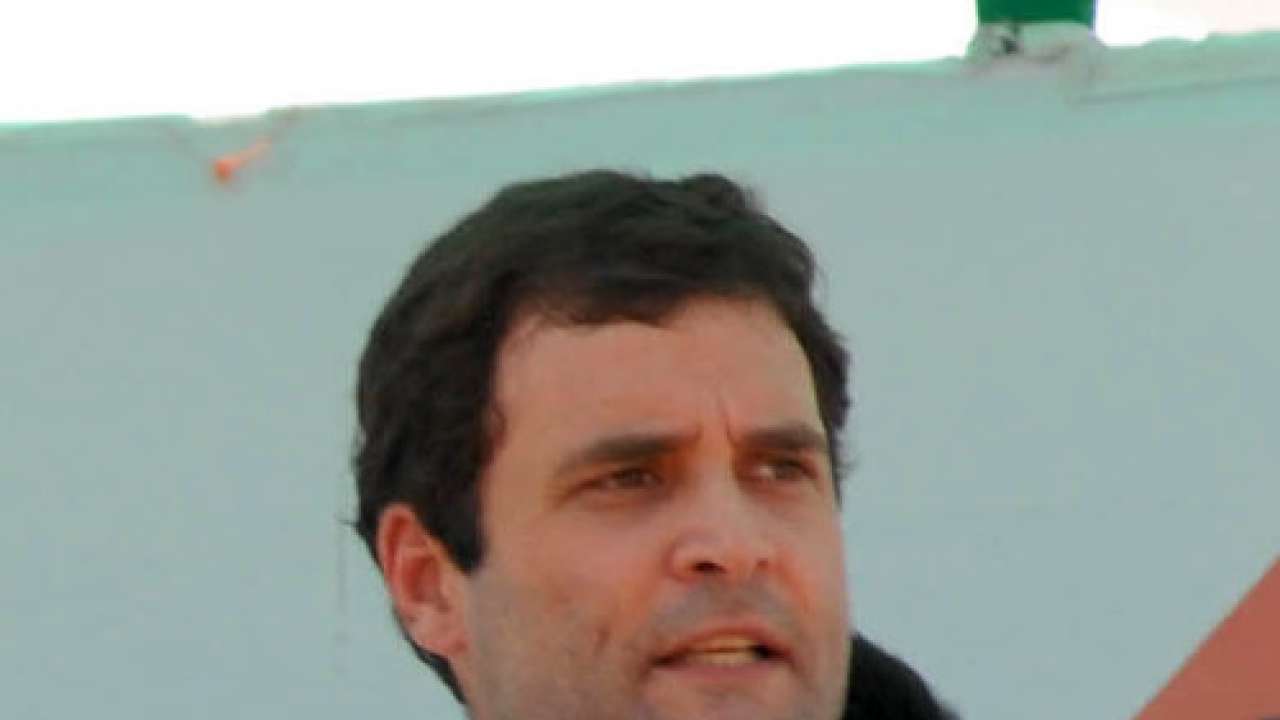
The aggressive tenor of Rahul Gandhi’s speeches in Rajasthan and Madhya Pradesh have added a new dimension to the election campaign. Active in politics for 10 years now, the impression of Rahul as a soft-spoken, laidback and hesitant politician has endured. His reclusiveness was tolerated when the going was good. But things changed when the UPA-II government and its Prime Minister failed to address the rising tide of public anger against corruption, crimes against women, or the surging anti-political mood. The BJP, equally at sea, was forced to respond to these developments and the resounding chorus from its support base to name Narendra Modi as its PM candidate. And Modi’s candidature has created a buzz around the BJP campaign that was missing in 2009.
The onus was squarely on Rahul to meet this challenge. With Sonia Gandhi recovering from an undisclosed ailment and PM Manmohan Singh not a viable option to spearhead an election campaign, Rahul’s choices were limited: shed the diffidence or fade out in due course. His uncharacteristic assertiveness while demanding that the ordinance sparing convicted legislators be “torn up”, confusing then, makes sense now. A clear shift in his campaign strategy has been visible since. In Madhya Pradesh’s Shahdol and Rajasthan’s Churu, Rahul strained his vocal chords to deliver high-pitched speeches. With the new-found aggression, softened by repeated references to his family’s sacrifices, Rahul has left no one in doubt that this time he is leading from the front.
But it is in fine-tuning the content of his speeches that will mark Rahul out as a politician and orator who can weather the demands of a long and grinding election campaign. The references to Sonia’s struggles and father Rajiv’s and grandmother Indira’s martyrdom, were superfluous and will hardly strike a chord with today’s young voters.
However, his speech at Sagar marked a refreshing departure. Rahul stayed focussed on the message without the customary reminder of his pedigree. He courted the rural voters with elan, brandishing the food security legislation, and accused the BJP of elitism. But later at Indore, Rahul’s and Congress’ unease with urban, middle-class voters was evident. His rambling speech had a passing mention of Rajiv, a vague pledge to alleviate Indore’s infrastructure woes, and a warped effort at blaming the BJP for communal riots in Muzaffarnagar. Divulging intelligence alerts at strategic junctures is the government’s job. If Rahul had knowledge of ISI feelers to aggrieved Muslim youth, a public rally was scarcely the occasion to reveal it. He won no friends in the Muslim community either, with no effort at nuance or placing communalism in its historical context.
While no match for Modi, Rahul’s oratory has developed a conversational style. But his inability to marshall compelling arguments and convey a cogent message does not bode well for Congress.
Except for promising opportunities to the “poor, young and women”, Rahul has signalled continuity rather than a break with the past. In discussing communalism or governance, Rahul has neither admitted Congress failures nor his future plans. The prevalent anti-incumbency mood demands that much from him. Keywords like roti-kapda-makaan-bijli-sadak-paani and infrastructure-industry-growth escape Rahul’s mouth liberally during speeches. In the UP elections, none of this registered with voters. Eighteen months later, Rahul’s powers as a demagogue have some more distance to tread before he can become the Congress’ seasoned vote-catcher.